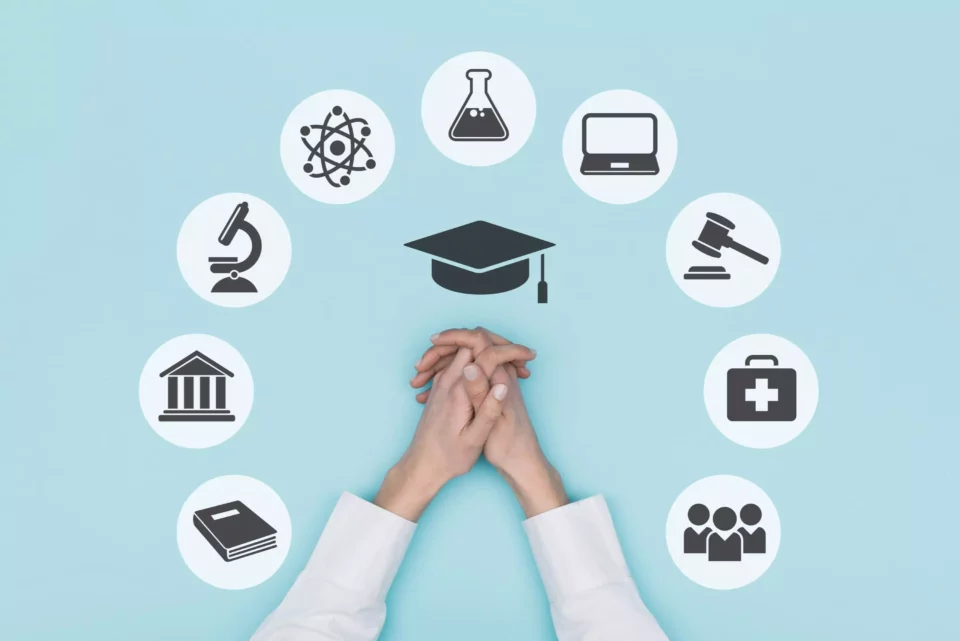Now is an exciting time for students. The COVID-19 pandemic has hastened the adoption of sophisticated e-learning tools, fundamentally altering the education industry. More and more resources are available for students to make the most of their college experience, yet it can be difficult to orient oneself amid a plethora of emerging options.
To help you navigate the hustle, we’ve compiled a list of the most important trends that have been defining the future of education for 2022-2023.
Students Take Control
Our ideas about how to teach must evolve in tandem with our changing perceptions about what constitutes a classroom. The traditional ‘one size fits all’ mentality has been evolving for some time and will accelerate in the coming years. Teachers will be transformed into learning facilitators, and students will have greater control over their own learning journey.
To maximize each student’s potential, innovative tactics will emerge, allowing them to design their own learning strategies. More and more students looking to enhance their writing skills are no longer satisfied only with what colleges offer and opt for Lets Grade It to help them produce stellar academic essays. Or else, teachers increasingly incorporate games and virtual reality in their classrooms to make learning more fun – which was unimaginable in academic settings a while ago.
Hybrid Learning Models
Many people have raised concern about the abrupt digital transition and less time spent in classrooms, fearing that it can badly affect students’ learning. Because there was little time to prepare for the ‘new normal’ amid the pandemic, these concerns are reasonable.
Yet proponents of e-learning are quick to point out that the focus this year and next will be on integration and long-term growth, rather than outright replacement of traditional learning. E-learning is expected to evolve, yet by no means at the expense of neglecting face-to-face interactions. On the contrary, it will coexist with traditional teaching methods. The goal is to develop the finest tactics for hybrid educational models that incorporate the best of both worlds.
Robot Teachers
Bring up the notion of artificially intelligent machines replacing teachers, and you will undoubtedly ignite a storm of rage among many educators. Robot teachers could never outperform humans in creative writing or advanced instruction, they argue. While they might be right, robot teachers are no longer science fiction.
Since 2013, NAO, a humanoid robot built by the French company Aldebaran Robotics, has been adopted as a teaching resource for children with autism. Hundreds of kindergarten classes in China are already using KeeKo, a little robot that tells stories and presents logical problems. The robots are part of the country’s huge attempt to become a world leader in successfully harnessing sophisticated technologies for the future of education.
Wrapping Up
Today, educational practices extend well beyond traditional classrooms, and this trend will only continue. However, this does not imply that traditional learning methodologies are outmoded; on the contrary, they are successfully integrating with newly emerging educational trends. Now is the moment for both instructors and students to reconsider their approach to learning and capitalize on the never-ending opportunities that continue to arise.
Never stop researching educational trends to make sure you’re always on top of the latest advances, making the most of the changing environment and the opportunities that come with it!
